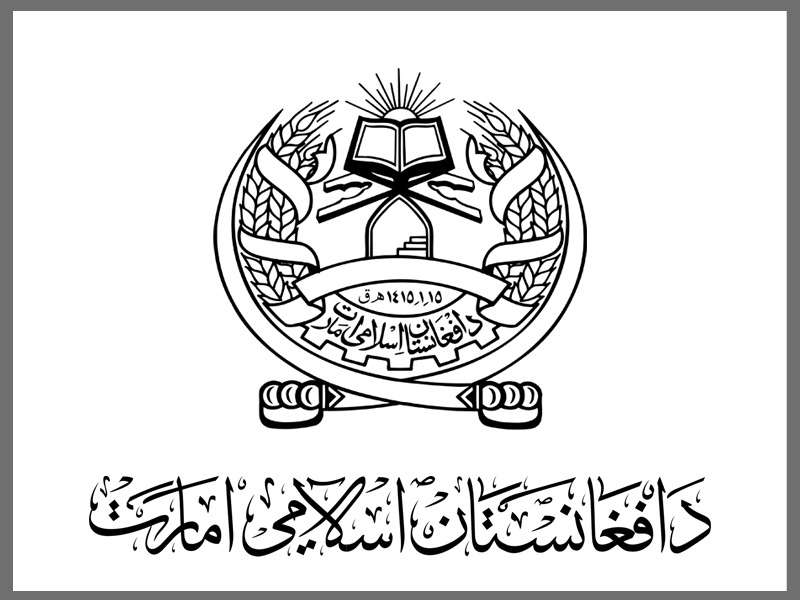
Current video statement by Afghan Interior Minister Sirajuddin Haqqani serves as a call for reflection within Pakistan. The challenges and difficulties faced by Pakistan are primarily domestic, and the pursuit of military solutions is unlikely to yield lasting results. Instead, Pakistan should embrace the offer of assistance from the Islamic Emirate of Afghanistan, prioritize its internal issues, and engage in peaceful dialogue. The commonalities between the two nations should be a source of strength and cooperation rather than division. Only through such efforts can the troubled waters on Pakistan’s western borders find a path towards calm and stability.
As the entire world watches, tensions on Pakistan’s western borders have been steadily intensifying. The contemporary release of a video featuring Afghan Interior Minister Sirajuddin Haqqani has brought these tensions to the forefront, shedding light on the complex dynamics between Pakistan and its neighbor, Afghanistan. In the video, Haqqani asserted that the problems Pakistan faces are primarily of its own making and suggested that a military solution would only exacerbate the situation. It is crucial for Pakistan to carefully consider these words and explore peaceful avenues to address its domestic issues.
Predominantly, it is essential to acknowledge that the statement from Haqqani does not stem from a position of hostility but rather appears to be an earnest attempt to highlight the need for introspection within Pakistan. The assertion that Pakistan’s challenges are primarily domestic underscores a fundamental truth: the path to stability and prosperity begins at home. Attempting to resolve internal problems through force and external blame is not a sustainable approach.
The Islamic Emirate of Afghanistan’s willingness to assist Pakistan in resolving its problems should not be dismissed lightly. The shared cultural, historical, and geographic ties between the two nations underscore the potential for cooperation and understanding. It is imperative for Pakistan to seize this opportunity to engage in dialogue and seek solutions through peaceful means.
Haqqani’s remarks also drew attention to the change in leadership within Pakistan that has occurred since negotiations began. Political and military shifts, combined with a new outlook on Afghanistan, have hindered the progress of these crucial talks. It is essential for Pakistan’s leadership to prioritize internal matters over external distractions and ensure that their focus remains on resolving domestic challenges.
In the aftermath of Kabul’s fall and the subsequent change of power in Afghanistan, a new chapter in the relationship between the two neighboring countries has begun. Pakistan must seize this opportunity to foster diplomatic relations, cooperation, and peaceful dialogue. It is in the interest of both nations to work collaboratively to address the challenges on their shared border and within Pakistan’s own borders. What is more, Haqqani’s plea for Pakistan to recognize that the difficulties it faces have a significant impact on Afghanistan should not be ignored. Instability within Pakistan can have far-reaching consequences, including the potential to foster mistrust and insecurity in Afghanistan. Recognizing the interconnectedness of the two nations’ destinies should serve as an impetus for cooperation rather than discord.

